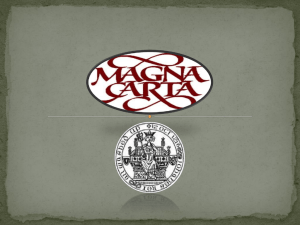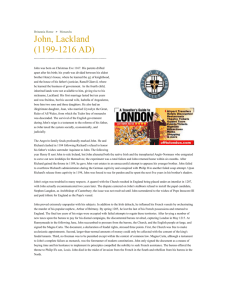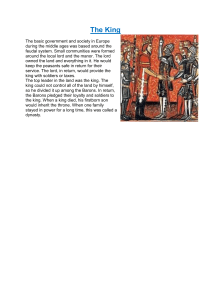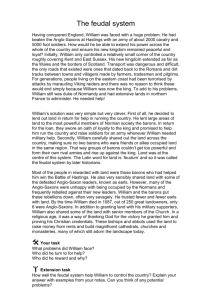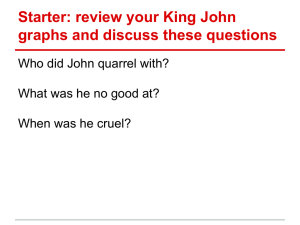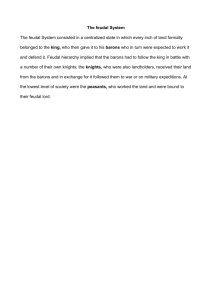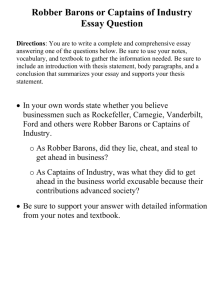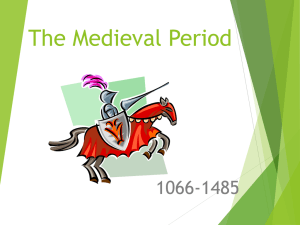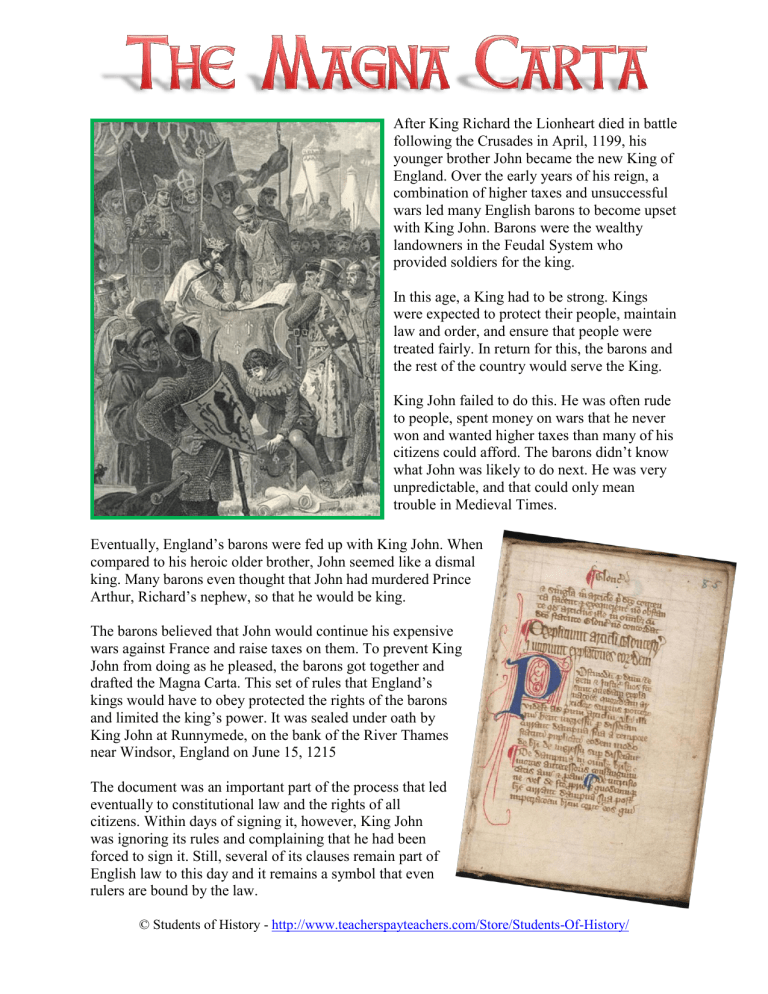
After King Richard the Lionheart died in battle following the Crusades in April, 1199, his younger brother John became the new King of England. Over the early years of his reign, a combination of higher taxes and unsuccessful wars led many English barons to become upset with King John. Barons were the wealthy landowners in the Feudal System who provided soldiers for the king. In this age, a King had to be strong. Kings were expected to protect their people, maintain law and order, and ensure that people were treated fairly. In return for this, the barons and the rest of the country would serve the King. King John failed to do this. He was often rude to people, spent money on wars that he never won and wanted higher taxes than many of his citizens could afford. The barons didn’t know what John was likely to do next. He was very unpredictable, and that could only mean trouble in Medieval Times. Eventually, England’s barons were fed up with King John. When compared to his heroic older brother, John seemed like a dismal king. Many barons even thought that John had murdered Prince Arthur, Richard’s nephew, so that he would be king. The barons believed that John would continue his expensive wars against France and raise taxes on them. To prevent King John from doing as he pleased, the barons got together and drafted the Magna Carta. This set of rules that England’s kings would have to obey protected the rights of the barons and limited the king’s power. It was sealed under oath by King John at Runnymede, on the bank of the River Thames near Windsor, England on June 15, 1215 The document was an important part of the process that led eventually to constitutional law and the rights of all citizens. Within days of signing it, however, King John was ignoring its rules and complaining that he had been forced to sign it. Still, several of its clauses remain part of English law to this day and it remains a symbol that even rulers are bound by the law. © Students of History - http://www.teacherspayteachers.com/Store/Students-Of-History/
